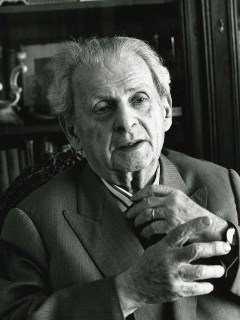
Publication details
Publisher: Fordham University Press
Place: New York City
Year: 2011
Pages: 196-212
Full citation:
, "The uncanny strangeness of maternal election", in: Phenomenologies of the stranger, New York City, Fordham University Press, 2011


The uncanny strangeness of maternal election
Levinas and Kristeva on parental passion
pp. 196-212
in: Richard Kearney, Kascha Semonovitch (eds), Phenomenologies of the stranger, New York City, Fordham University Press, 2011Abstract
In his essay “The Uncanny,” Sigmund Freud describes the uncanny as what is concealed and frightening in the familiar and agreeable or vice versa.¹ He moves from discussing animated dolls, the Sandman’s fear of losing his eyes as castration anxiety, doubles and mirrors, fear of death, dear of the dark, to the mother’s body. In general, he attributes uncanny sensations to castration anxiety (whether from seeing the mother’s “castrated sex” or as symbolically represented by pecked out eyes) and the return, or repetition, of repressed childhood fears or desires.
Cited authors
Publication details
Publisher: Fordham University Press
Place: New York City
Year: 2011
Pages: 196-212
Full citation:
, "The uncanny strangeness of maternal election", in: Phenomenologies of the stranger, New York City, Fordham University Press, 2011


